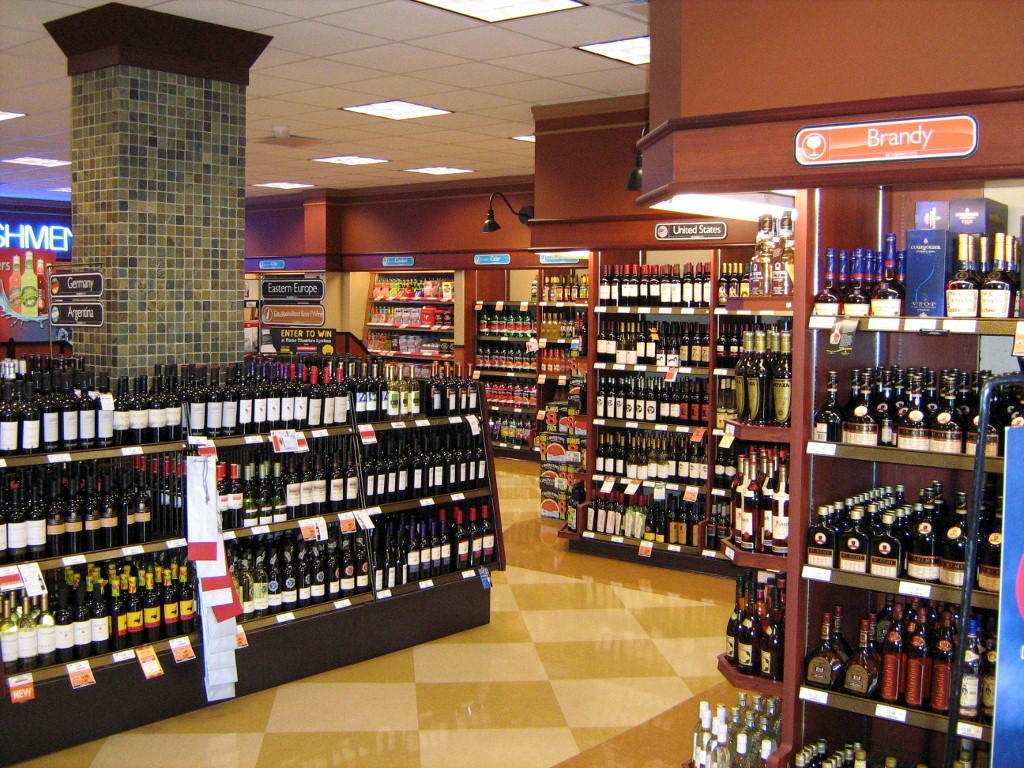A Canada-wide report card on the restaurant industry gave B.C. a middling grade on the province’s liquor policies.

While B.C. is home to many of the country’s top chefs and restaurants, Restaurants Canada gave the province a “C,” saying the lack of discounted wholesale pricing on booze means restaurants typically pay the same price customers do in liquor stores.
WATCH: (Nov. 7, 2017) Restaurant industry blasts B.C. liquor distribution

As a result, customers end up paying more for a cocktail or glass of wine or beer with their meal.
The report is also critical of a policy that requires licenced establishments to purchase alcohol from government liquor stores, noting that “common complaints include frequent delays, deliveries that get unnecessarily routed through government-run warehouses or go missing entirely, and unreasonably long waits for non-stocked specialty products.”
Restaurants Canada also recommends opening the door to offsite sales.

Get daily National news
The national association says licenced food service establishments have been largely shut out from being able to sell alcoholic drinks for off-site consumption, despite liquor retail opportunities expanding across the country.
It cites the rise in food delivery apps, like Foodora, that can bring alcohol to consumers and says allowing restaurants to make such sales would level the playing field with these and other competitors.
WATCH: (Jan. 17, 2019) Competition Bureau calls out B.C. government for antiquated liquor policies

Prince Edward Island, for example, allows establishments to sell locally-produced wine and beer for customers to take home.
Some restaurants and bars in Alberta and B.C. can also sell a limited amount of beer and wine for customers to take home, said von Schellwitz, so long as they hold the right permit.
“It’s slightly different, a little bit everywhere and it’s somewhat confusing,” he said, adding, “what is required, really, is a complete overhaul, modernization of liquor laws throughout all the provinces.”
In 2017, Restaurants Canada gave B.C. a “C” grade, a downgrade from the “C-plus” grade the province received in 2015.
— With files from The Canadian Press








Comments
Want to discuss? Please read our Commenting Policy first.